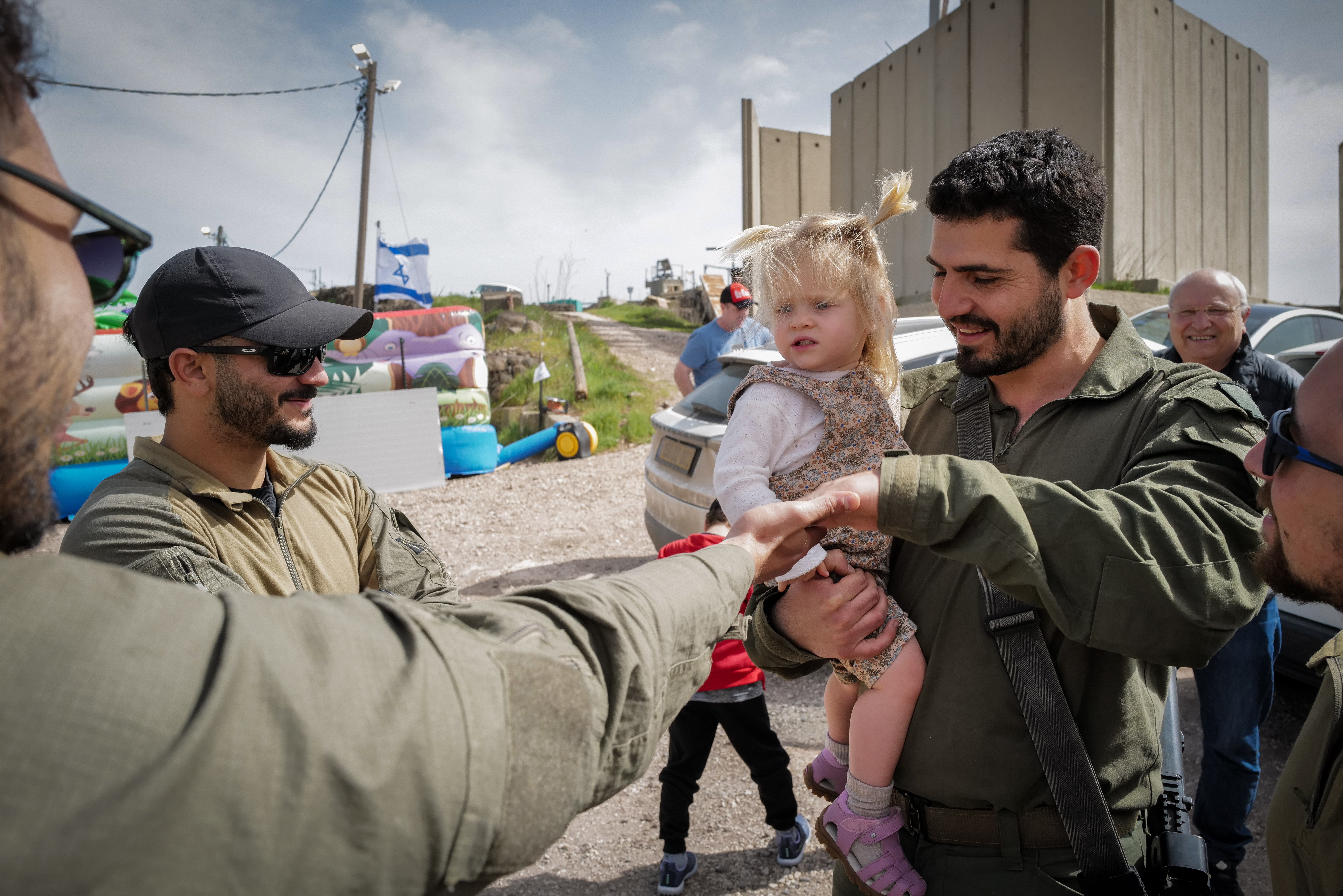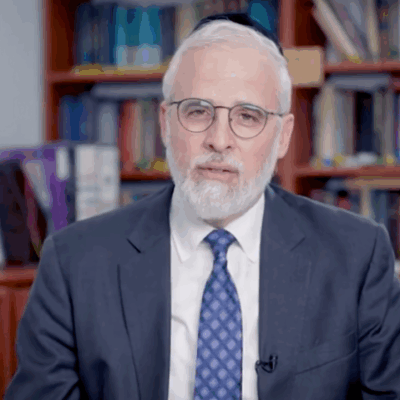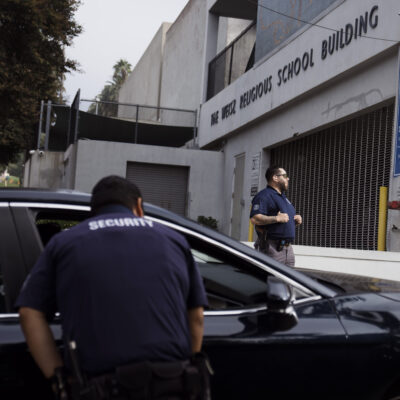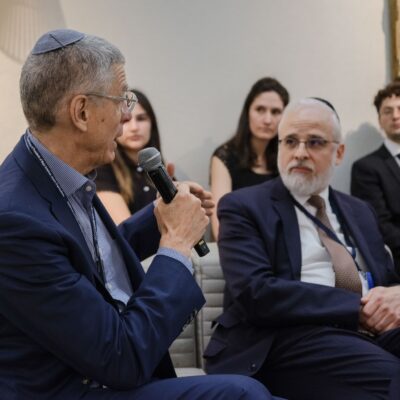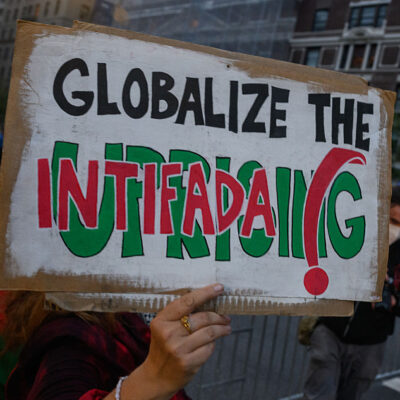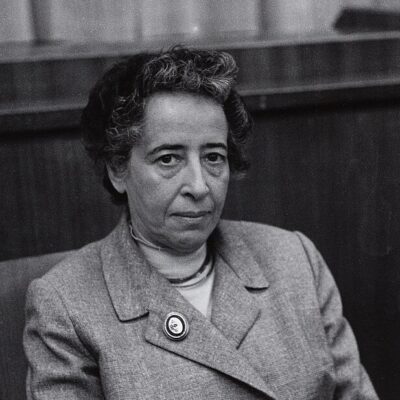Opinion
A CRITICAL ABSENCE
Even in Israel’s darkest hours, Jewish values demand that global compassion endures
In times of crisis, our collective response reveals who we are as a people. Following Oct. 7, global Jewry immediately mobilized, pouring hundreds of millions of dollars into Israel to support victims of the attack, their families, displaced people and others. As a community, we should be proud.
But in our exemplary support for Israel, some of us may have inadvertently neglected other vital causes that express our deepest values as Jews.

erhui1979/Getty Images
As managing director of the Livelihood Impact Fund, a foundation that seeks to improve the lives of the global poor and supports various organizations in Africa, and as CEO of Olam, a network of over 80 Jewish and Israeli humanitarian organizations working in international development, humanitarian aid and global service, we have witnessed rapid shifts in philanthropic priorities since Oct. 7 — and their unintended negative consequences.
Many of Olam’s partners – organizations that provide healthcare, economic opportunities, education, water, sanitation, and more to some of the world’s most vulnerable populations – have seen their funding dramatically reduced as Jewish donors have pivoted to address urgent needs in Israel and to fight antisemitism around the world. Several partners report losses as high as 40-75% of their overall budgets since that tragic day.
At the same time that Jewish philanthropy has shifted to meet internal needs, some non-Jewish donors have chosen to distance themselves from Israeli and Jewish humanitarian organizations, leaving these organizations struggling to fill significant financial gaps. Although at times the motivations underlying these funding shifts could only be inferred, often they have been shared explicitly.
For Olam’s Israeli partners, this decrease in funding coincided with tremendous personal loss, logistical challenges and skyrocketing costs. Almost all had staff who were called up to reserves and/or had loved ones on active or reserve duty. Some had staff who were evacuated from southern and northern Israel, and are still unable to return home safely. Many had staff or volunteers who were forced to return prematurely from their placements abroad. A founder of one Olam partner was taken hostage; another was killed.
With their core personnel reeling, several of these organizations were compelled to hire temporary staff to maintain their basic operations. Others had to significantly increase their security costs to ensure the safety of their global teams in the face of rising antisemitic incidents worldwide. With flights to and from Israel discontinued, many were saddled with cancellation fees and increased operational challenges. As one CEO remarked, “We found ourselves having to somehow do more with much less.”
Confronting decreased funding, coupled with increased costs, many of these organizations face an uncertain future. This, in turn, has direct ramifications for the vulnerable communities they serve. Several members of Olam’s network have already had to close programs and let go of staff as a result of budget cuts following Oct. 7.
Recognizing the gravity of this situation, we decided to embark on an unprecedented partnership: The Livelihood Impact Fund opened a grant pool exclusively for OLAM partners that lost funding due to shifting philanthropic priorities since Oct. 7, allocating $1 million in emergency bridge grants to 23 organizations. This partnership enabled us to leverage our relative strengths, as a foundation and as a field-builder. The Livelihood Impact Fund brought resources to the table and called upon its expertise in grant management, while Olam drew on its knowledge of field-wide needs to help shape the grant criteria and ensure the funding was utilized in the best possible way.
While the grant recipients do work valued by the Livelihood Impact Fund, they are outside of the foundation’s core portfolio. Given the urgency of the situation, it was clear to the foundation’s leadership that this was an opportunity to exhibit flexibility and step up; however, the grants are intended as one-time support to help recipients recoup finances so they can continue on their path to long-term financial sustainability. They are a temporary lifeline and cannot replace the ongoing support that these organizations need.
The work of these organizations is not only life-changing, but also deeply rooted in Jewish values. It embodies who we are and what we stand for as a people. And many of those carrying out this work are the positive face of the Jewish people in the world. Through their work, they build bridges and foster understanding with communities across the globe.
We call on all Jewish funders to recognize the urgency of this moment. If you reduced funding to Jewish or Israeli humanitarian organizations in the wake of Oct. 7, we urge you to consider reinstating that support. If you have never invested in this field but want to see the Jewish community embodying its most deeply held values in the world, we encourage you to consider extending your support as well.
The stakes are too high to allow these organizations to falter. Their work represents the best of what it means to be Jewish in the world: a commitment to compassion, human dignity and the betterment of humanity. As we continue to support urgent needs in Israel and Jewish communities around the world, let us also ensure that the Jewish values of chesed (loving kindness), tikkun olam (repairing the world) and, of course, tzedakah, continue to thrive globally.
Jeremy Hockenstein is managing director of the Livelihood Impact Fund.
Dyonna Ginsburg is the CEO of Olam.

 Add EJP on Google
Add EJP on Google